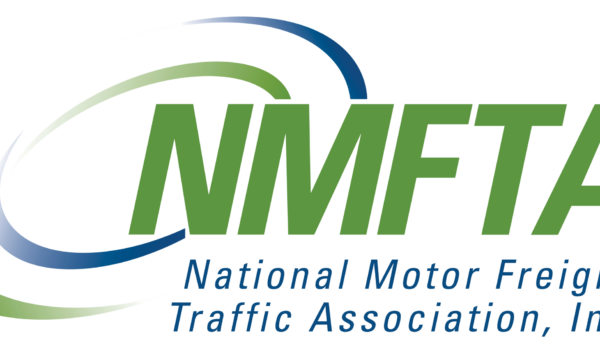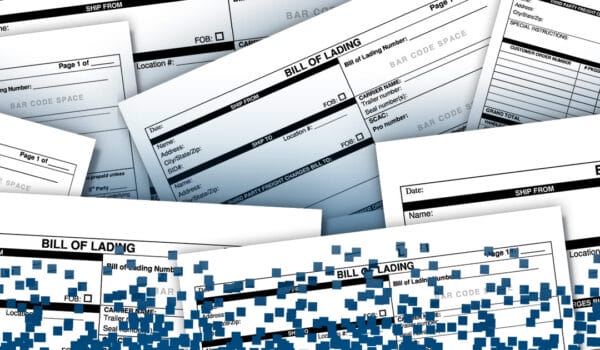The Full Truckload Council welcomes the Scheduling Standards Consortium. Here’s what that means—and why now is the right time to fix freight scheduling.
If you’ve worked in trucking for more than a week, you’ve seen it firsthand:
- A driver shows up to a facility and waits… and waits…
- A dispatcher’s trying to confirm an appointment that was supposedly booked two days ago.
- Your inbox has 47 emails about “slot availability” for one load.
- The dock is packed, the scheduler is overwhelmed, and everyone is asking, “Why is this still so hard?”
Welcome to the state of Full Truckload (FTL) appointment scheduling.
Despite all the tech the industry has adopted—transportation management systems (TMS), electronic logging devices (ELDs), tracking platforms—scheduling is still stuck in the manual era. It’s messy, time-consuming, error-prone, and different for every shipper, carrier, and broker.
That’s exactly why the Scheduling Standards Consortium (SSC) was formed. And we’re excited to share that the SSC is officially joining the Digital Standards Development Council’s (DSDC)™ Full Truckload Council to take this work further, faster.
What’s the Problem We’re Solving?
At its core, appointment scheduling in FTL is a communication issue. Systems don’t talk to each other. Everyone has a slightly different process. And the result is a lot of wasted time—for everyone.
Carriers lose hours every week to dwell time and missed slots.
Brokers can’t scale efficiently when every shipper uses a different portal.
Shippers deal with congestion, rebooking headaches, and late fees.
And tech teams are stuck building custom integrations every time two partners want to connect.
There’s no standard. So, everything gets rebuilt from scratch, over and over again.
So, What Did the SSC Do?
The SSC brought together shippers, carriers, brokers, and tech providers to solve this shared problem.
The solution? A scheduling API standard. One set of rules. One way to connect. One framework for FTL appointment scheduling that anyone can use.
This standard lets systems pass appointment data back and forth automatically. Instead of phone calls or emails, the TMS or dock scheduling software does the talking.
It supports:
- FTL shipments (van, reefer, flatbed);
- Live loads, drops, and preloads;
- Multi-stop routes; and
- Real-time appointment booking, rescheduling, and confirmations.
And best of all: it’s open, free, and built for real-world operations.
“Appointment scheduling has been a very manual and complex challenge in freight operations for too long,” said Stuart Scott, current chairman of the Digital FTL Council, and chief information officer and executive vice president at J.B. Hunt.
“We founded the consortium because this was an industry-wide problem requiring an industry-wide solution. The Appointment API gives everyone, from the smallest carrier to the biggest shipper, a simple and scalable solution.”
Why the DSDC FTL Council?
The DSDC already leads the charge on modernizing freight through open API standards.
They’ve helped the LTL sector digitize everything from electronic bills of lading to visibility and preliminary freight charges.
Now, the FTL Council is building the same kind of momentum for full truckload—and the SSC fits right in.
“The DSDC was built to help the industry move together—not just faster, but smarter,” said Keith Peterson, staff liaison to the DSDC and vice president of operations at NMFTA.
“By bringing the SSC under the Full Truckload Council, we’re ensuring this scheduling standard becomes part of a bigger push to modernize freight from end to end.”
Why This Matters Now
Everyone in the industry is being asked to do more with less:
- Fewer staff managing more freight;
- Tighter SLAs and rising costs; and
- Growing pressure to reduce dwell time and improve driver experience.
At the same time, tech investment is ramping up.
According to recent research by Trigent, 37% of CxOs named APIs their top digital priority, and 82% of logistics companies have increased tech spending in the past three years, according to a 2023-2024 Reuters Events/Cargo Wise survey.
If we’re going to keep moving forward, we need common language between systems. The scheduling API provides it.
What Happens Next?
This isn’t a product. There’s no subscription or platform. This is a standard, ready to implement by any carrier, broker, shipper, or TMS provider.
The documentation is available now. The DSDC will be gathering feedback, hosting workshops, and helping early adopters bring it to life. As more industry players plug in, the network effect will only grow.
Want to Help Fix Freight Scheduling?
You can start today.
Download the API Standard.
Learn More About the DSDC Full Truckload Council.
The more companies that adopt it, the easier scheduling becomes for everyone.
Let’s stop managing freight with spreadsheets and inboxes and start building systems that work together.
About the Digital Full Truckload Council
The Digital Full Truckload Council, part of the National Motor Freight Traffic Association (NMFTA)™, is advancing the modernization of freight through open API standards. By aligning shippers, carriers, brokers, and technology providers, the Council builds digital frameworks that eliminate manual processes, reduce costs, and strengthen supply chain resilience in the FTL sector. For more information, visit dsdc.nmfta.org/digital-ftl-council.






